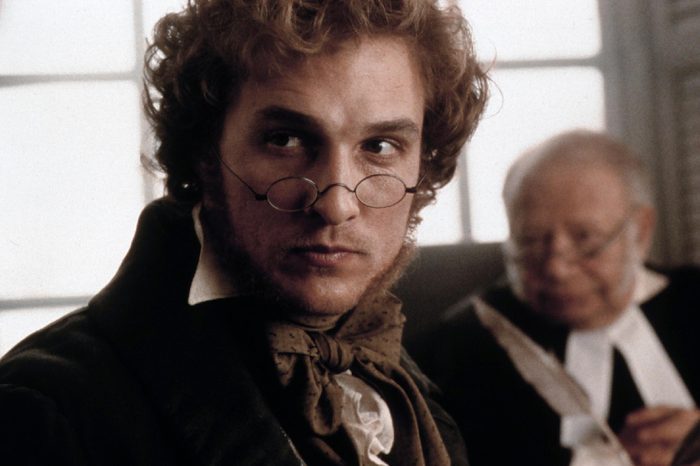
Amistad
Steven Spielberg’s epic drama about a true 1839 slave ship rebellion and the resulting Supreme Court case takes a lot of liberties with the facts—mainly to create white heroes. In the movie, John Quincy Adams (played by Anthony Hopkins) argues for the African refugees’ freedom. He did that in real life, too, but his antislavery stances were more wishy-washy than the film would suggest. The movie also left out the part when 3,000 white people paid 12 cents to stare at the Africans while they were in jail awaiting the trial that would decide their fate.
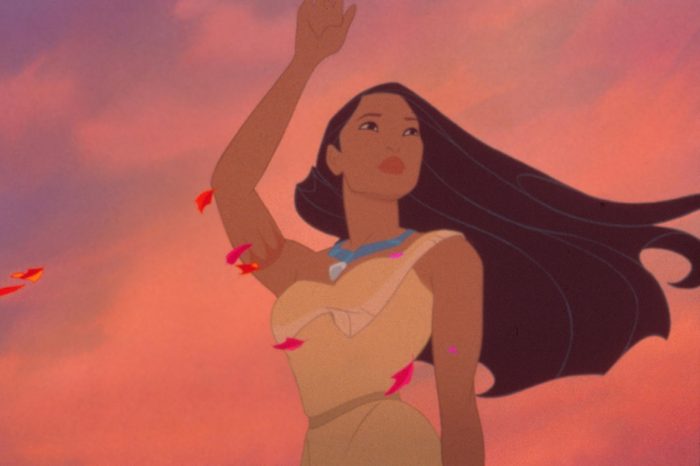
Pocahontas
Disney’s 1995 animated feature sets itself up as a story about the life of the Native American woman Amonute, nicknamed Pocahontas (which means “mischievous” or “playful.”), who supposedly brokered peace between the Powhatan tribe and English colonizers in the early 17th century. While Captain John Smith himself did spread the story that the chief’s daughter saved his life, historians still debate whether throwing herself over the captured Smith actually was an act of mercy or just part of a traditional adoption ceremony ritual that Smith didn’t understand. Regardless, he and the then-12-year-old Pocahontas weren’t romantically involved—she was captured and married John Rolfe about seven years later. Oh, and despite the movie’s friendly overtones, 90 percent of the native population died of disease and genocide, thanks to the European settlers. Not exactly Disney material. Here are some surprising facts you never knew about Disney’s most famous characters.
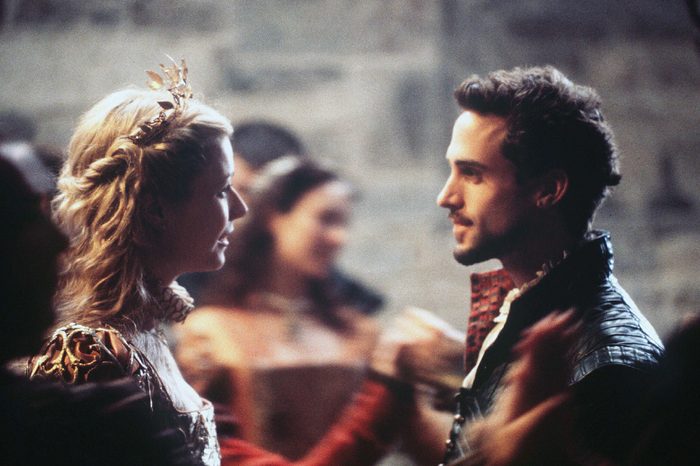
Shakespeare in Love
Academics in Shakespeare and Renaissance history found so many glaring errors in the much-beloved romance Shakespeare in Love. Nothing was accurate, from the props to the ways the characters talked. It was basically like the 1990s dating scene, except set in Elizabethan England. Shakespeare is also seen writing a play called Romeo and Ethel, the Pirate’s Daughter. If only that play were real—sounds like a masterpiece! Here are the most iconic movies in every state.
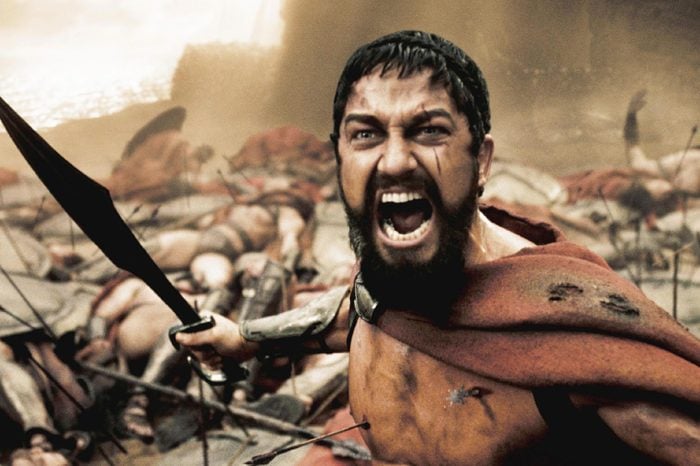
300
This action film is based on a real battle that took place in 480 BC between Spartans and the Persian army. There would have been more than 300 warriors from Sparta there (in fact, probably closer to 7,000), but who knows if they actually had six-pack abs—or if their battle outfits were designed to display them. Xerxes, the real-life Persian king, is also depicted as a scantily clad giant god with a nose ring and covered in jewelry. Historical record implies the ruler dressed in clothes and was human. Don’t miss these 11 biggest lies in history.
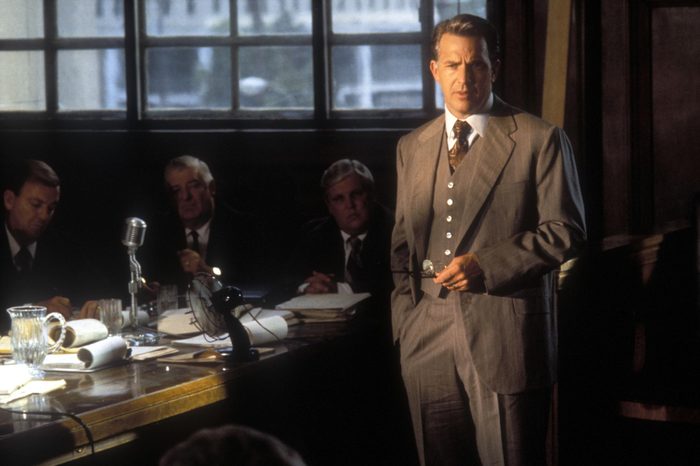
JFK
Oliver Stone’s epic movie about the JFK assassination is three hour and 26 minutes long. It made more than $200 million at the box office and was nominated for eight Oscars, including Best Picture. Stone claims the film was based on “research” and prompted pushes to have classified files about the assassination released, but many of the scenes in the movie are completely made up. For instance, one witness in the movie is murdered after confessing he worked with the CIA, had a close relationship with Lee Harvey Oswald, and knew the identities of the real killers. In real life, that same man was never found guilty and died of natural causes. Here are other historical moments that never happened.
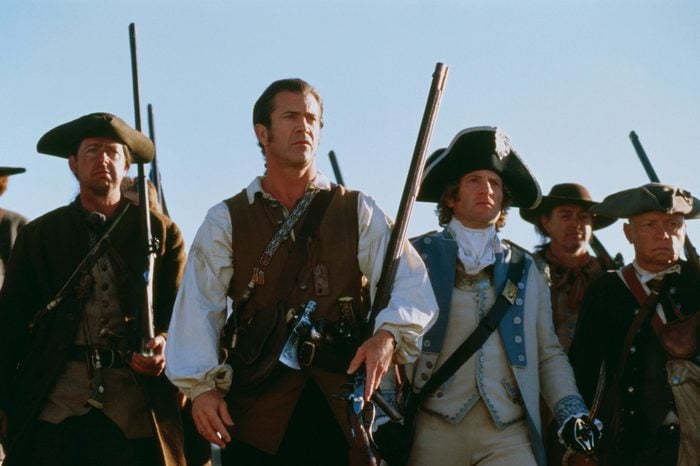
The Patriot
Mel Gibson’s revolutionary war drama is filled with a bunch of events that never took place. The most glaring addition is a scene in which civilians are locked in a church that is then set on fire by British troops. Gibson’s character constantly accuses the monstrous British troops of breaking the “rules of war,” even though there weren’t any at the time. Also, the film showed few slaves, and those it did represent were upbeat. And “bundling bag” Heath Ledger’s character is sewn into—so he can spend the night with his girlfriend without having sex—is an inaccurate depiction of this traditional practice: Bundling did occur, but it was typically the woman who wore the bag. Here are some surprising movie trivia facts you won’t believe are true.
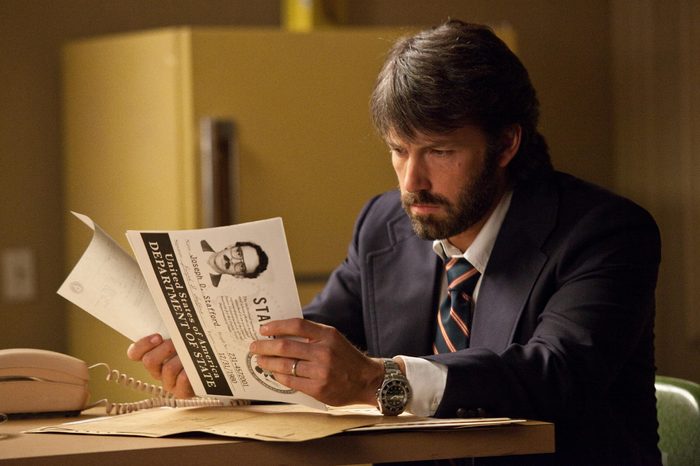
Argo
Ben Affleck’s Argo won the Best Picture Oscar, but it wouldn’t win any history awards. The movie’s premise, that a fake movie production was created to rescue six Americans from Iran, is true. But the film completely downplays Canada’s involvement and help—even though that nation took all the credit at the time to avoid any repercussions about CIA involvement. Plus, the real-life airport scene actually went as smoothly as hoped, and most of the tense airport hijinks in the film’s climax never took place. Everyone gets these famous movie quotes wrong.
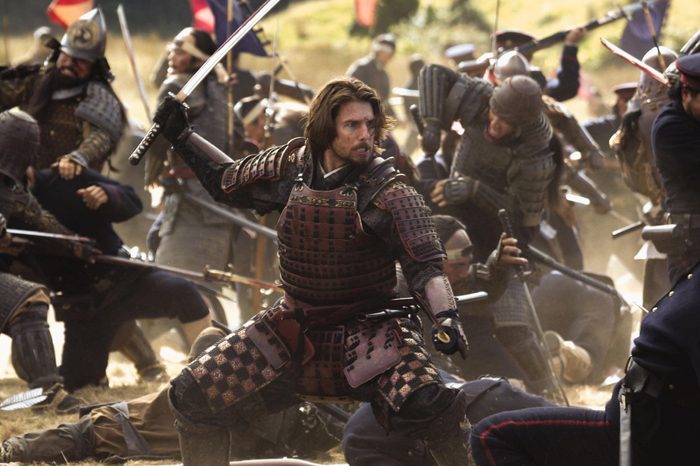
The Last Samurai
This action film starring Tom Cruise takes place in Japan during the 1877 Satsuma Rebellion over the nation’s westernization. His character is fictional—there was no American Civil War veteran present to help out. The movie also includes ninjas, a group that was no longer active during this time period. And the fight scenes feature swords, ignoring the guns and rifles that were also in use at the time. Test your knowledge of 16 history questions everyone gets wrong.
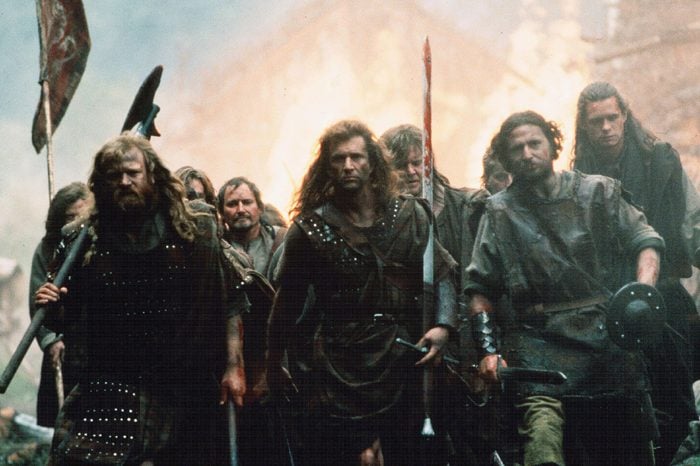
Braveheart
Braveheart depicts late 13th- and early 14th-century Scottish rebellions against English rule. These battles occurred, but not in the way director Mel Gibson depicts them. In the movie, the warrior William Wallace (played by Gibson) is shown being raised as a farmer, but it seems that he was born into Scottish aristocracy. The movie’s Wallace is inspired to fight the English because they killed his wife, but historical records don’t mention her. In fact, very little is known about the real William Wallace. Check out these split-second decisions that changed history.
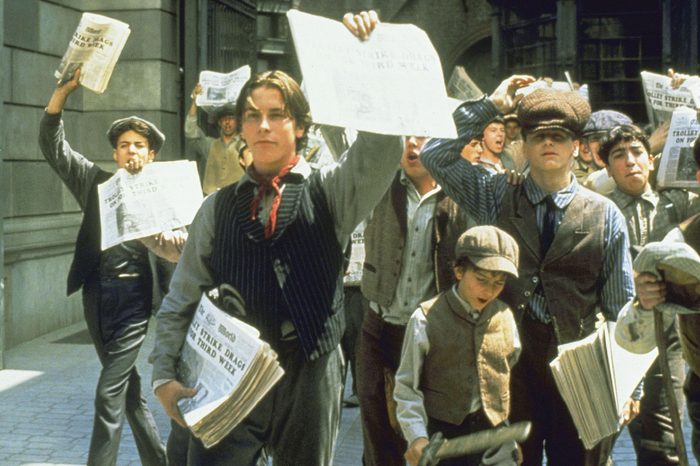
Newsies
The 1992 Disney musical Newsies is based on a real event, the Newsboys strike. The boys involved just didn’t happen to sing and dance in the streets in 1899. They chose to strike in order to protest increased profits for newspaper bigwigs. While the general events remain pretty accurate, the characters are not. For instance, the lead character, Jack Kelly (Christian Bale), was based on a composite of actual strike leaders.
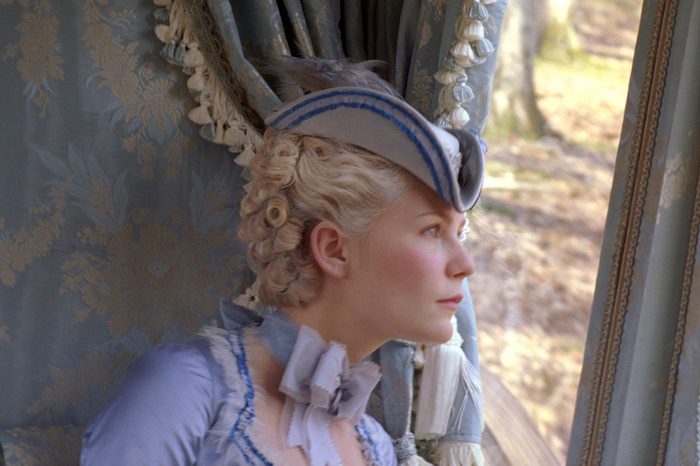
Marie Antoinette
Historians were mad at Sophia Coppola’s biopic in which Kirsten Dunst plays the French queen, arguing the film depicted the famous ruler as a shallow teenager in love with fashion and excess. The record rather shows the Antoinette as intelligent and politically savvy. And she probably never said her famous line: “Let them eat cake.” Learn about 15 movies you never knew were banned in the United States.
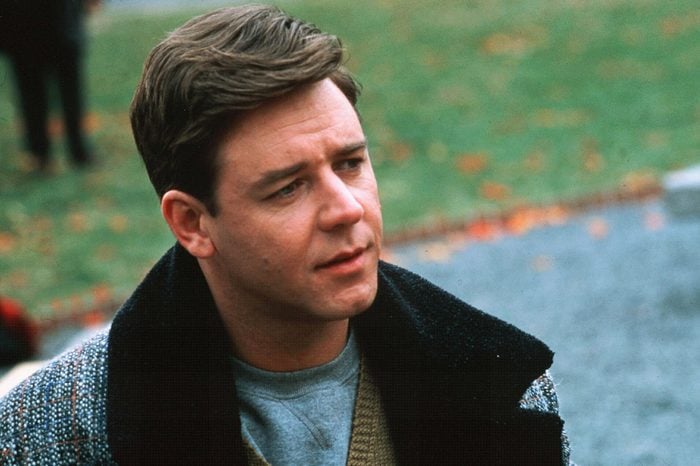
A Beautiful Mind
Russell Crowe plays the real-life math genius John Nash, but critics felt that the biopic didn’t accurately portray the actual man or his mental illness. Nash had schizophrenia, which manifested differently than the depiction in the film would indicate. The movie doesn’t accurately capture the complexities of Nash’s diagnosis or his treatment. Check out these disturbing history facts you’ll wish really weren’t true.
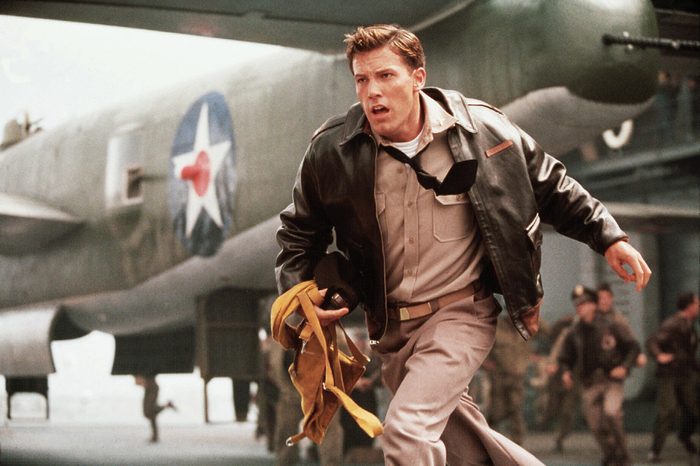
Pearl Harbor
Michael Bay’s rousing, action-packed Pearl Harbor drove the experts crazy. Yes, there was an attack on Pearl Harbor, but the Japanese pilots did not target hospitals during their bombing raids as the movie depicts. One hospital was hit, but only one staff member died during the attack. Numerous other military details are glossed over in favor of boosting the star power and romance. Case in point: The movie showed Franklin D. Roosevelt climbing out of a wheelchair to prove “impossible” things can happen, but that evidently was totally made up by the script writers.
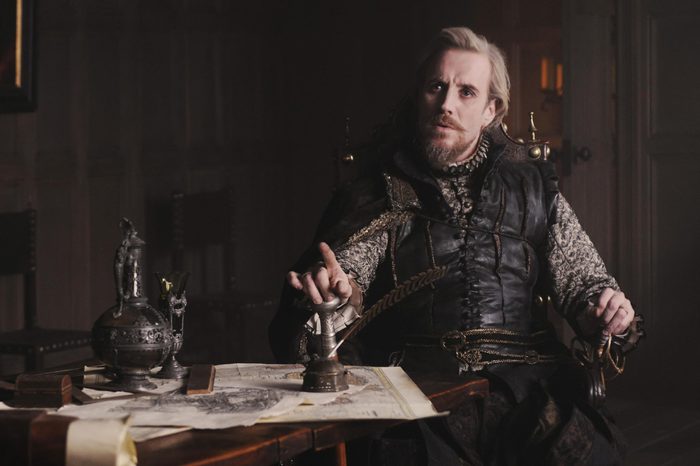
Anonymous
Ever heard of Edward de Vere? There’s a theory that he actually wrote all of Shakespeare’s plays, and this makes Shakespeare scholars livid. The film’s premise, that de Vere wrote the plays to exert political control over the masses, is totally at odds with the facts of Shakespeare and his life, say historians. Don’t miss some of the most bizarre historical coincidences throughout history.
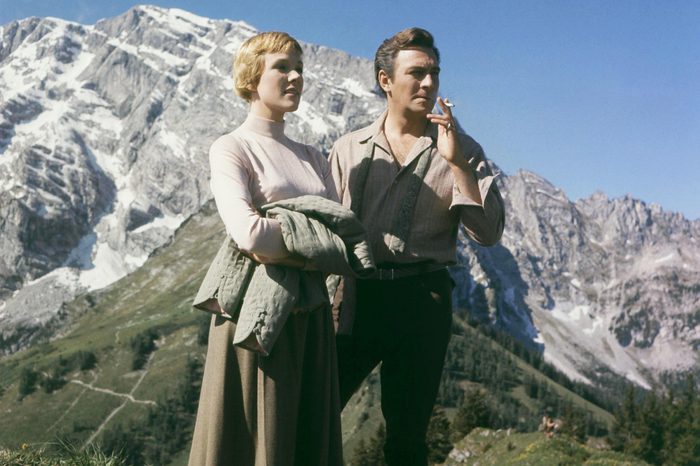
The Sound of Music
Turns out that the actual Captain Von Trapp was a loving dad, not the militaristic meanie played by Christopher Plummer in the film. Another major detail that was switched around was the family’s great escape. They didn’t have to hike the Alps—that would’ve taken them to Nazi Germany, not Switzerland. They basically crossed into Italy over nearby railroad tracks in broad daylight—just in time too. The Austrian borders were sealed the next day.
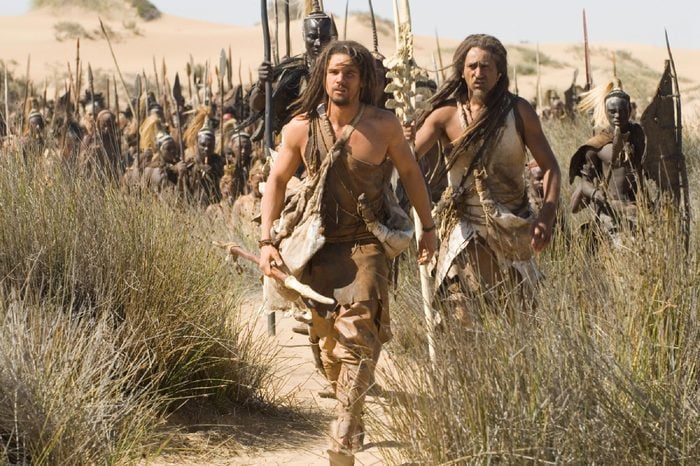
10,000 BC
Granted, this film is basically science fiction, emphasis on fiction, but the historical inaccuracies still totally bugged audiences. The movie shows ships, industries, and weapons that didn’t come along until thousands of years later. No biggie. In real life there also weren’t woolly mammoths building pyramids (or any pyramids for that matter) in 10,000 BC. Learn the truth behind other favorite facts you’ve always believed but are actually false.
